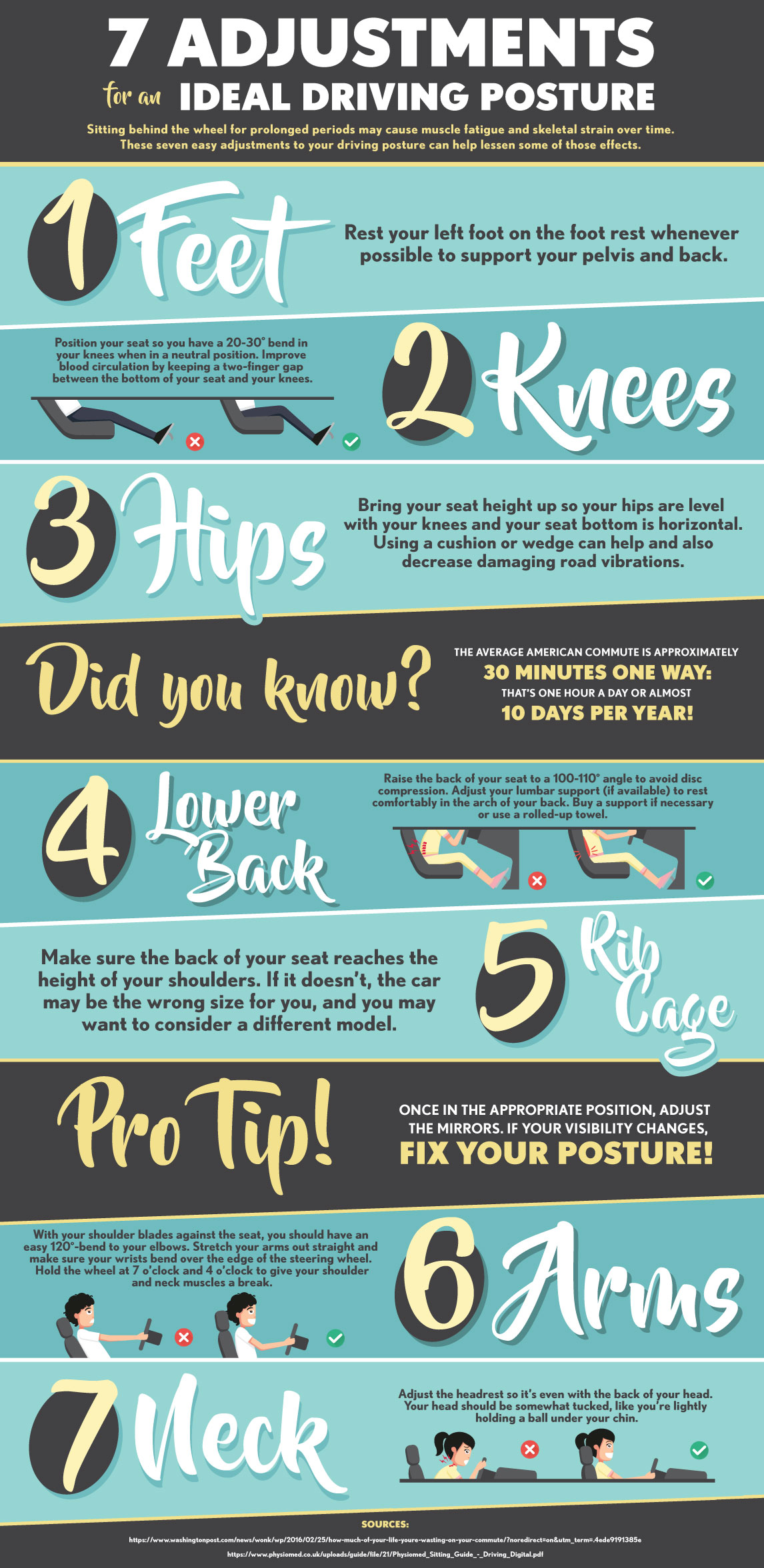Recognizing The Implications Of Pain In The Back On Your Health: Often Come Across Conditions And Their Signs
Recognizing The Implications Of Pain In The Back On Your Health: Often Come Across Conditions And Their Signs
Blog Article
Composed By-Koch Knudsen
If you're experiencing back pain, your body may be attempting to tell you something greater than simply discomfort. The means your back feels can provide beneficial ideas regarding your total well-being. Recognizing the specific kind of discomfort you're really feeling and any kind of going along with signs is vital to unraveling the mystery behind your discomfort. Let's discover the usual problems and symptoms connected with different types of neck and back pain to shed light on what your body may be signaling.
Kinds Of Back Pain
When it involves back pain, there are various types that you might experience. One common type is muscular tissue pain, commonly brought on by overuse, pressure, or injury to the muscles and tendons supporting the spinal column. This type of discomfort can vary from light discomfort to serious and debilitating pain.
An additional type is nerve pain, which can result from problems like herniated discs or sciatica. Read A lot more provides as a sharp, shooting experience that radiates down the leg.
Joint discomfort in the back can come from issues like arthritis or sacroiliac joint disorder. This kind of discomfort is typically felt in the reduced back and can be worsened by certain activities.
In addition, pain in the back can be related to structural troubles such as back stenosis or vertebral fractures. Recognizing the type of pain in the back you're experiencing is essential in identifying the suitable therapy and administration techniques.
Common Symptoms to Expect
Moving beyond the various types of neck and back pain, it is necessary to recognize the common symptoms that can signify underlying concerns.
Persistent pain in the back that gets worse with activity or at night could suggest a much more serious problem. Pins and needles or prickling in the legs or feet, especially when accompanied by weakness, may point to a nerve-related problem. If you experience unexpected weight-loss along with pain in the back, maybe a sign of an extra systemic problem.
Take notice of any type of modifications in bladder or bowel function, as this could be connected to spinal cord compression. Fever, chills, or night sweats in conjunction with back pain may signal an infection. Watch out for pain that emits down one or both legs, possibly a sign of sciatica.
Health Conditions Linked to Pain In The Back
If you struggle with back pain, it's crucial to understand the potential health and wellness problems connected to this discomfort. Pain in the back can be a signs and symptom of different underlying issues, including muscle strains, herniated discs, osteoarthritis, spine stenosis, and even problems like kidney stones or infections.
Muscle mass pressures are common and often result from raising heavy objects or abrupt activities.
Herniated discs occur when the soft tissue between vertebrae protrudes, creating nerve irritability.
Osteoarthritis, a degenerative joint condition, can bring about back pain as cartilage material wears down.
Back stenosis, the narrowing of the spinal canal, can tax nerves.
Kidney stones may cause extreme back pain if they move into the urinary tract.
Infections like spinal osteomyelitis can also materialize as neck and back pain. Understanding these potential wellness conditions can aid you look for appropriate medical care and administration for your pain in the back.
Visit Webpage , following time your back harms, take note of the type of pain and coming with signs. back therapy could be a signal from your body about underlying health and wellness problems like muscle pressure, nerve concerns, joint issues, and even architectural concerns. By recognizing these indicators, you can take aggressive steps to resolve the root cause of your back pain and improve your general health and well-being.
